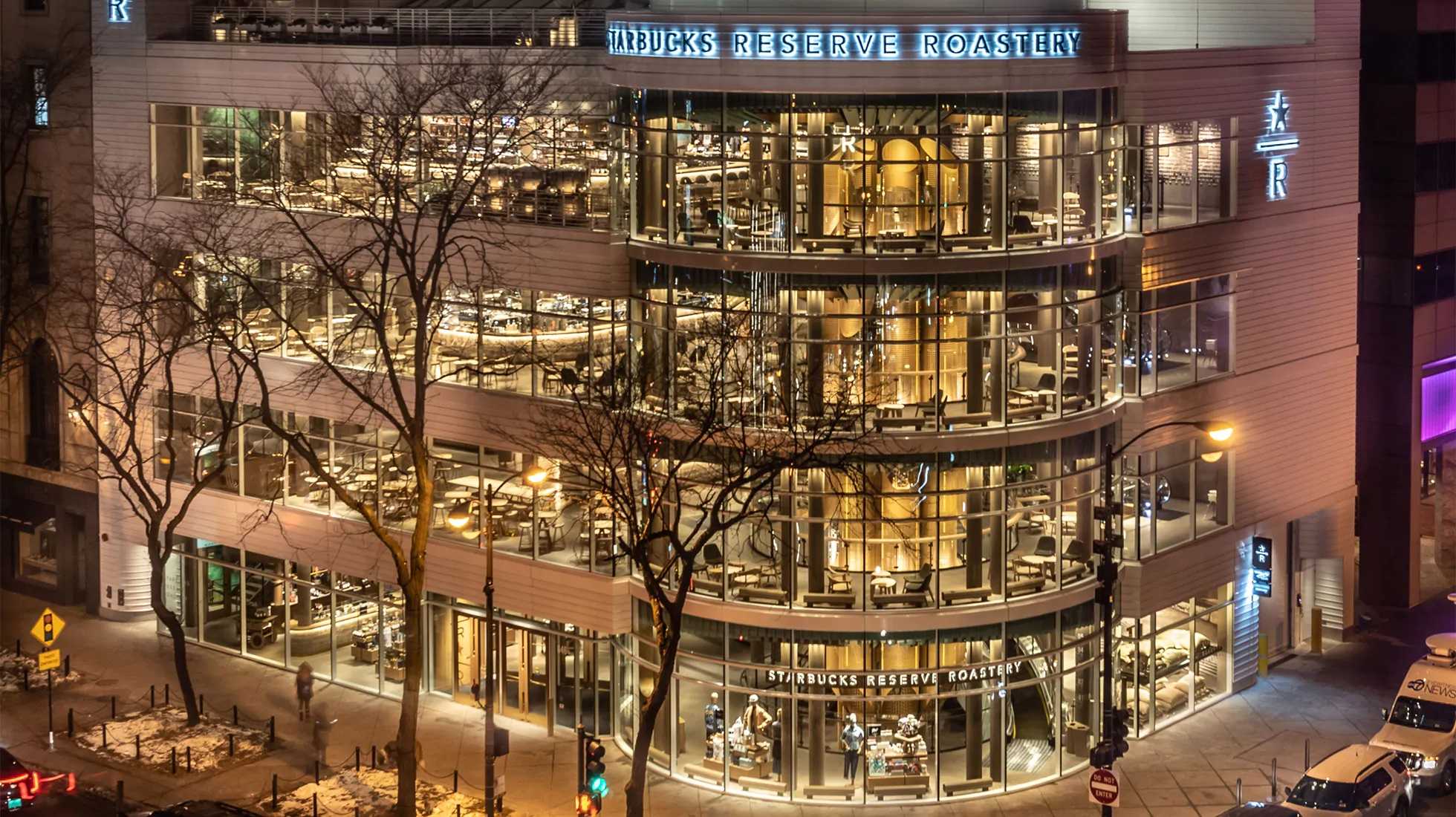MILAN – Starbucks is planning to move into a “monitor and adapt” stage of the coronavirus pandemic in order to reopen some of its U.S. stores starting May 4 with new restrictions. Most of the firm’s outlets in North America closed on March 21, with service being limited to delivery and drive-thru only. Initially the closures were only supposed to last for two weeks.
The coffee chain plans to follow a similar model in the U.S. as it has in China, where it has reopened most stores after having to shutter operations there earlier this year.
CEO Kevin Johnson wrote in a memo to employees that the firm is now looking to move to a transitional phase as the virus threat begins to abate.
“As we have experienced in China, we are now transitioning to a new phase that can best be described as ‘monitor and adapt,'” Johnson said in Thursday’s letter.
Johnson acknowledged the decision is a “human one,” based on complex and ever-shifting information.
But field leaders will assess the situation in their areas based on four main factors: “the local status of the public health crisis, guidance from health and government officials, community sentiment and store operational readiness.”
Starbucks started reopening stores in China based on these kinds of factors, Johnson said.
He added that 60% of Starbucks’ US stores have a drive-thru, and 80% of orders were already being placed “on-the-go” before the pandemic hit.
In other news, Howard Schultz, the former CEO of Starbucks, said on Thursday that the $349 billion Paycheck Protection Program (PPP) from the coronavirus stimulus plan is “just a band-aid” and far more is needed for small businesses to survive.
In an interview with Yahoo Finance, Schultz made a case that the government needs an even bigger “trillion-dollar number” to save U.S. small businesses.
If the government doesn’t act fast, the economic cost will be “much, much greater for a longer period of time” than what it will cost to help small businesses now, he added.














